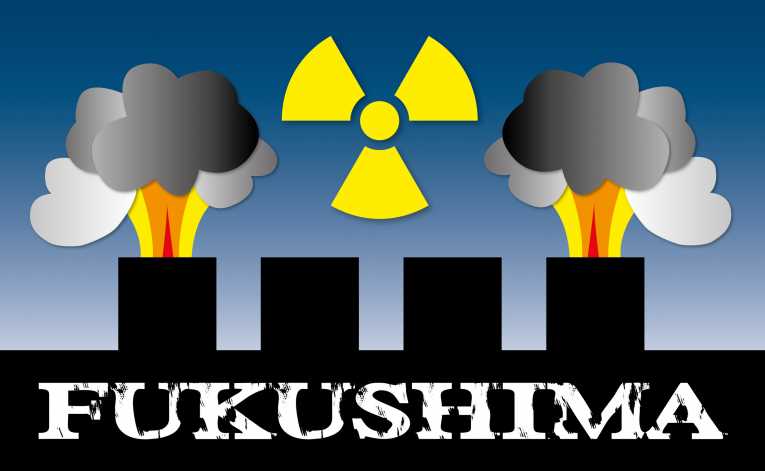Throughout the crisis at Fukushima, sparked by an earthquake-tsunami double-whammy, the Japanese authorities have been criticized for their tardy release of information - and a sense that the scale of the problems were being downplayed. Now Tepco has confirmed that not only did one reactor experience a full nuclear meltdown, within 16 hours of the March 11 quake, but at least one other reactor may have undergone a partial meltdown - and maybe 2 others on-site as well.
Meltdowns are exceptionally dangerous events, as they raise the prospect of a release of large amounts of radioactive material, if the plant's containment is breached. At the height of the crisis, when the Fukushima reactors were blowing their tops, Tepco was insistent that meltdown had not occurred.But in its statement, Tepco said that recent access to more detailed data showed that reactor No 1 had been fully exposed - and temperatures had risen quickly to 2800°C. The nuclear fuel rods then melted completely, and pooled on the floor of the plant - which appears to have been breached by either the gas explosions, or the initial earthquake. The subsequent dousing of the reactor with vast amounts of water, to try and cool down it down, is likely to have led to a significant leakage of heavily contaminated radioactive water.
That was one of the main concerns that Greenpeace expressed, after its measurements showed significant levels of radioactivity in seaweed offshore of the plant. Beranek said of this, that ''TEPCO should have known that water pumped into reactor vessel 1 would become highly contaminated - it is appalling that company did not do more to prevent massive volumes of contaminated water being released into the ocean, spreading long-lived radioactive contamination along Japan's East coast.''
Greenpeace has already conducted more extensive sampling of sediment, fish and other marine life, and plans to release its preliminary findings next week. That is an embarrassment for Japanese authorities, who have yet to kick-off their own monitoring program. The general foot-dragging by Japan's nuclear industry and regulators is seen by Beranek as reflecting a pervasive 'cover-up' mentality. ''It has taken far too long for Japan's authorities to admit that they were wrong. This has major implications to all previous assumptions about nuclear safety, and it is clear that the public should not put their faith in the nuclear industry to protect their health and safety.''










